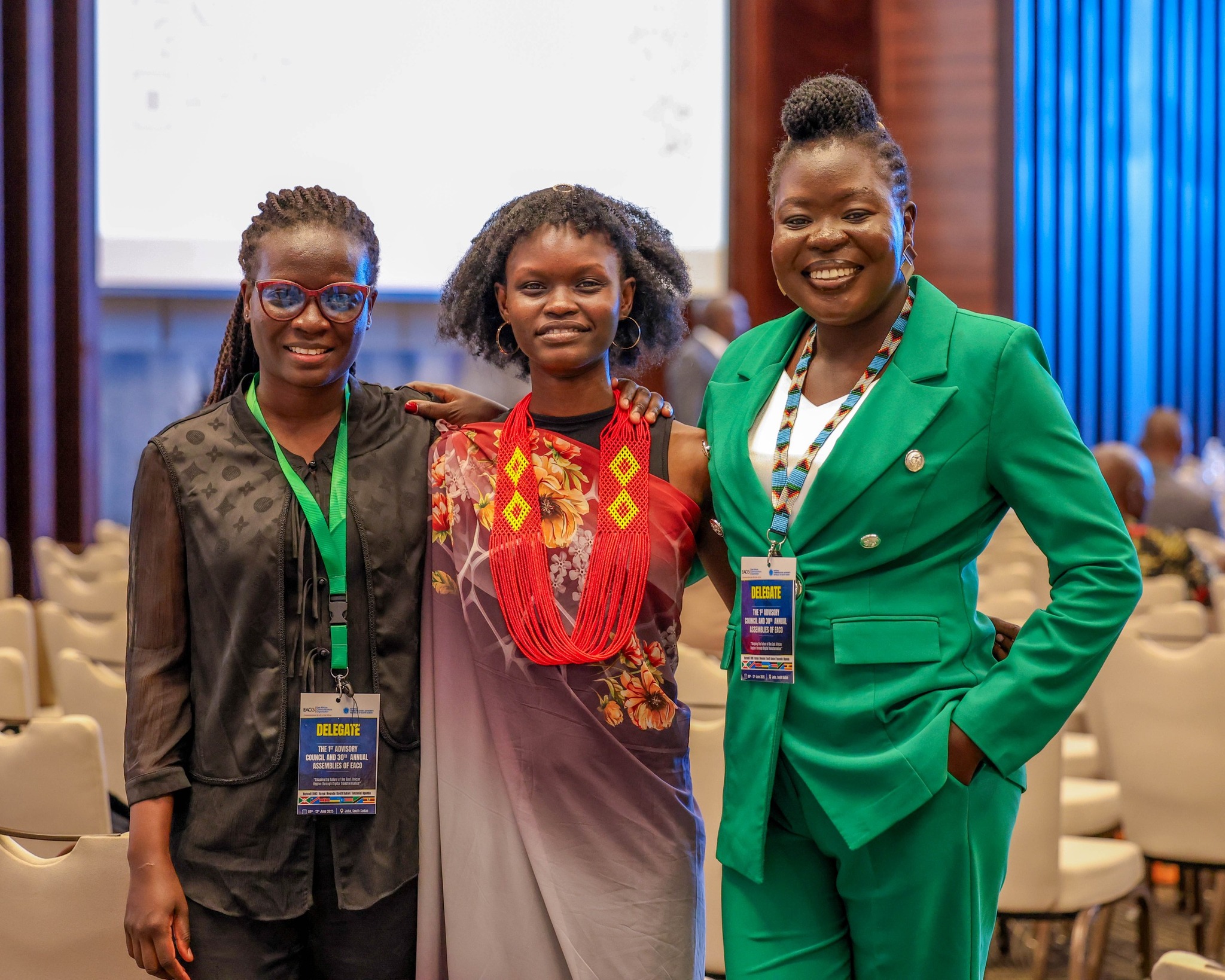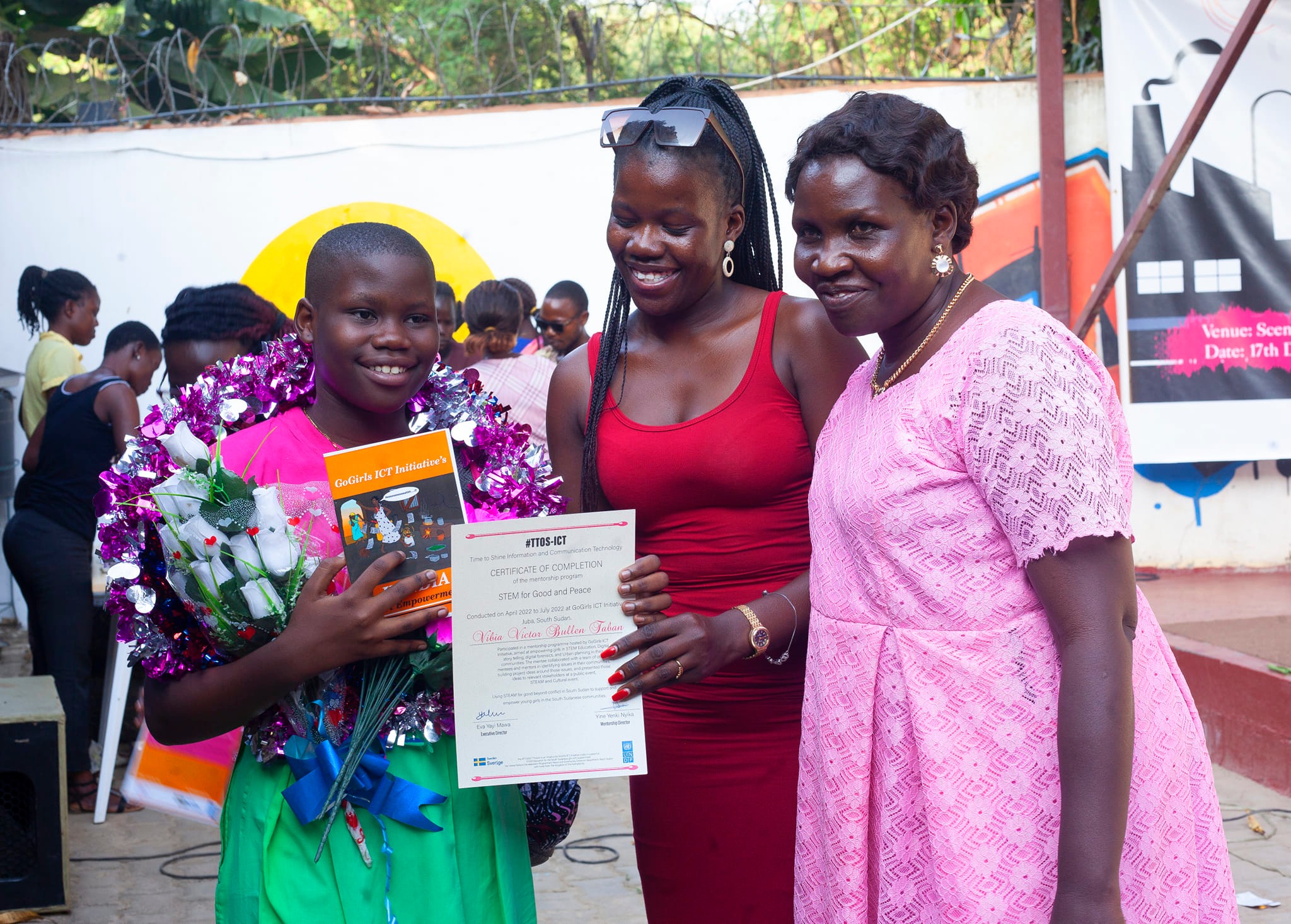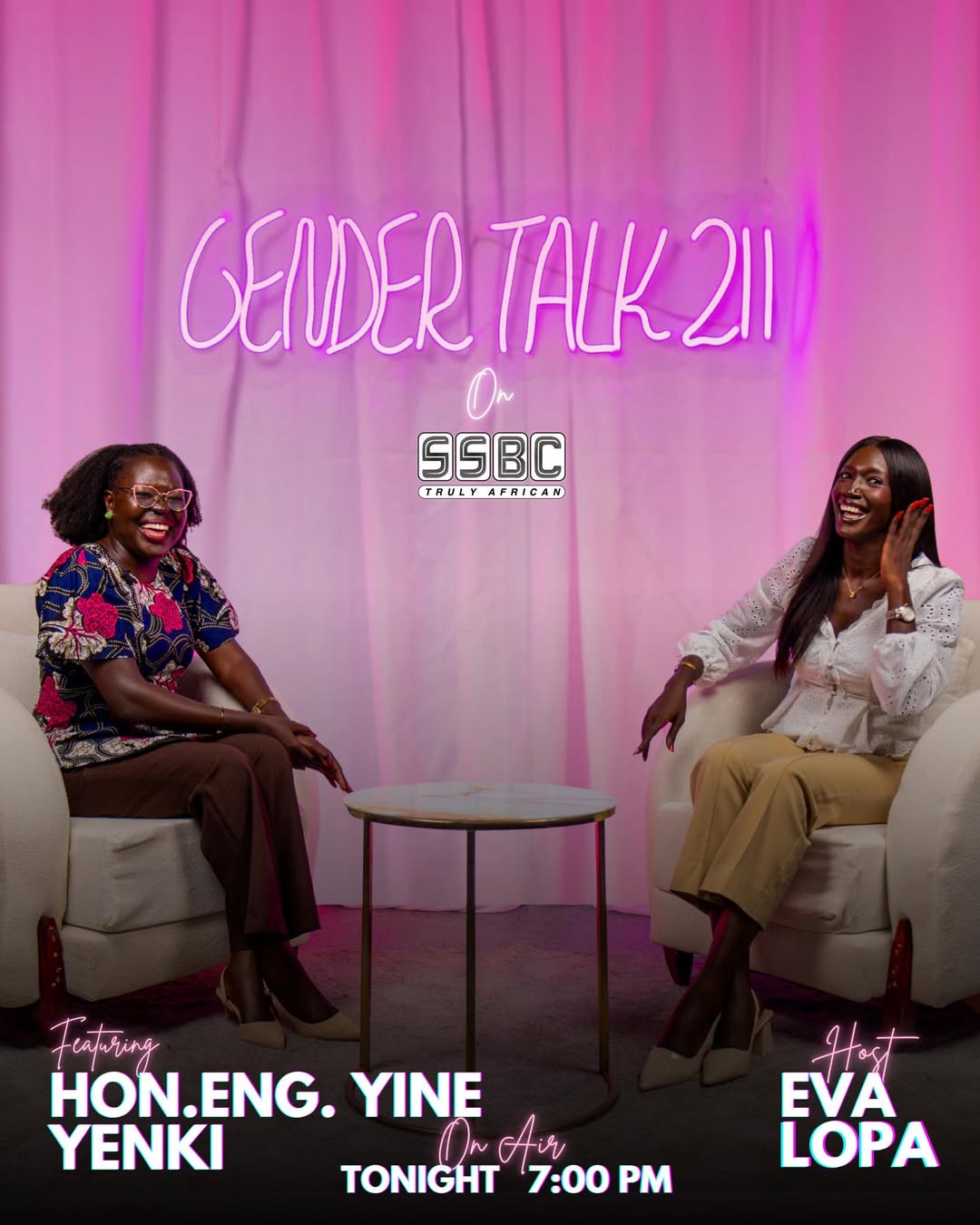Full STEAM ahead for Girls and Women!
Behind the Scenes with GoGirls ICT
In a world where access to information defines opportunity, GoGirls ICT is transforming what success looks like for young women in South Sudan.
Founded in 2015 by Eva Yayi and Yine Yenki, GoGirls ICT engages, educates, and empowers women and girls in Science, Technology, Engineering, Art, and Mathematics (STEAM). What began as weekend mentoring sessions has evolved into a movement that builds confidence, community, and capacity in a field still shaped by social and cultural barriers to participation in STEAM.
While lecturing at the University of Juba, Eva and Yine noticed that their female students were often shy, hesitant to participate, and didn’t show much interest in technology. They recognised that this wasn’t a question of ability, but of access, the result of socially defined gender norms that discouraged girls from pursuing science or technology.
Determined to change that, they began hosting workshops where young women could learn ICT and life skills, share experiences, and build mutual support networks.
“We wanted to help girls see that media and technology aren’t foreign, they’re already part of their everyday lives,” says co-founder Yine Yenki. “It’s about showing that problem-solving, curiosity, and science already exist in our communities, and that women have always been at the heart of that.”

Building an Open Culture Through Open Source
Using open educational resources (OERs) and open-source tools like Scratch and micro:bit, GoGirls ICT creates pathways for women to learn, teach, and lead. Their approach is simple but transformative: meet women where they are, provide tools to experiment, and support them as they grow into community leaders.
Through a training-of-trainers (ToT) model, women mentored in GoGirls programs become mentors themselves. This creates a continuous cycle of peer learning that ripples from universities into secondary and primary schools, building an ecosystem of digital empowerment across generations.
“Most organisations in South Sudan haven’t explored ICT and hacktivism for women,” explains Eva Yayi. “We saw an opportunity to open that space, not just to learn technology, but to talk about feminism, equity, and the role of women in shaping our future.”
Culture, Access, and Visibility
Gender norms have constrained women’s participation in STEM, ICT, and journalism. Few schools have female science teachers, or access to computers and internet resources.
GoGirls ICT challenges this by creating spaces where women can learn and lead. When the team realised that all the experts consulted for their DIY hand sanitizer project were men, they invited women into the lab, and watched confidence and collaboration flourish.
Workshops often take place on weekends, which can cause friction at home since girls are expected to help with domestic work. To address this, GoGirls launched the Family Visit Program, inviting parents to see what their daughters are learning. These visits built trust, opened dialogue, and revealed another barrier: poverty-driven school dropouts. The team responded by creating a sponsorship program to help keep girls in school.
GoGirls ICT’s mission expanded beyond skills training. Today, they are reshaping the cultural narrative, proving that women belong in science, technology, and media spaces.

Media as a Tool for Empowerment
Access to technology means access to voice. For GoGirls ICT, media literacy and storytelling are essential tools of empowerment. Their workshops teach participants not only how to consume digital content, but how to create it — using storytelling, podcasting, and social media to amplify local issues and community solutions.
The “Time to Shine ICT” project connects girls from schools with university students and ICT professionals to explore coding, repair, and storytelling as acts of agency. Using Scratch and micro:bit, participants have produced digital stories about water scarcity, school safety, and community resilience — transforming technology into advocacy.
A Vision of Transformation
GoGirls ICT’s long-term vision extends well beyond the classroom. They are contributing to national digital transformation policies, ensuring that women’s voices and experiences shape South Sudan’s technological future.
“When girls see another woman teaching, repairing, or coding — it’s no longer a dream,” says Yine Yenki. “It becomes real.”
As Eva Yayi reminds us, “Education is the only weapon that gives meaning and hope for the future to the young generation in such times.”
GoGirls ICT sits at the intersection of education, gender, and innovation — where empowering one girl to take apart a computer or start a podcast can ripple outward through families and schools, connecting communities around the country.
